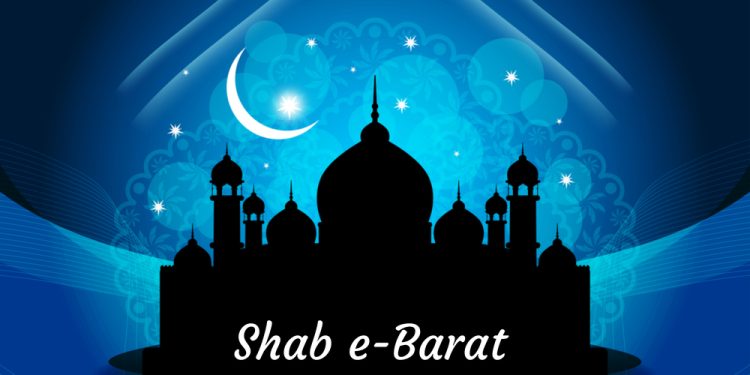
Shab e-Barat
Shab e-Barat, also known as Mid-Sha’ban or Bara’at Night, is a Muslim holiday observed all over the world on the evening between the 14th and the 15th of Sha’ban, or the full moon day. This places the celebration of the holiday somewhere between May and June on the Gregorian calendar, depending on where it is being observed. It is regarded as the evening when all of a person’s fortunes for the upcoming year are decided and also the time when Allah may forgive those who have sinned. In some Muslim countries, it is also a night to honor the ancestors who have passed away.
History of Shab e-Barat
The tradition of celebrating this holiday goes back to the Quran. While this holiday isn’t mentioned outright in the Quran, there are two verses that are associated with it: “We sent it down on a blessed night. Verily, We are ever warning. Therein is decreed every matter of ordainment” – Quran 44:3–4. However, these verses also allude to the holiday with the Night of Decree, when they are combined with the verses that follow and the text is read as a whole.
Shab e-Barat Customs & Traditions
Shab e-Barat is usually a festive occasion celebrated in various ways. Many people spend the day preparing sweets, which can include Kaju Barfi, Papaya Halwa, and Milk Halwa, and are often distributed the day before the 15th of Sha’ban. On this day, people also pray to Allah and worship at the mosque. Some spend the evening with their friends and family. However, not everyone celebrates this day festively. Some observe it by spending the entire night fasting and praying.
In some Islamic countries, Shab e-Barat is an optional holiday that workers can choose to observe or not. If they do choose to celebrate this holiday, it is counted against the optional holidays they may have available.








